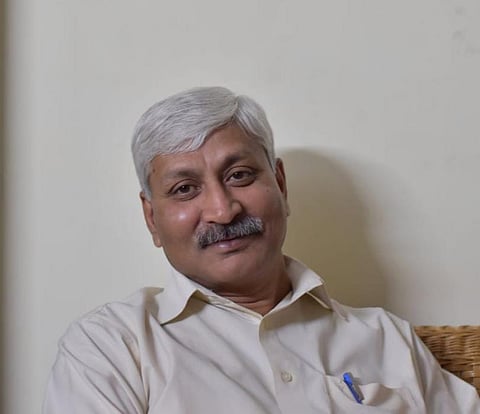

Apoorvanand Jha, Professor at the Hindi Department of Delhi University (DU), has raised serious concerns over academic freedom after the university denied him permission to attend an academic event in the United States of America (USA), allegedly on the grounds that he did not submit the full text of his proposed lecture.
Jha was invited to speak at the 20th anniversary celebrations of the India China Institute at The New School, New York, from April 23 to May 1. He claims to have applied for leave over a month in advance, but DU formally rejected the request on April 2. The rejection, he said, followed his refusal to submit the full text of his talk, which was to be delivered during a seminar titled “The university under a global authoritarian turn”.
As reported by The Indian Express, DU administration justified the rejection by stating they needed to consult the Union Ministry of Education before granting him leave. A senior official noted that while approaching the ministry is not routine, they did so “in light of the international context”.
In a letter dated April 16 to Vice-Chancellor Yogesh Singh, Jha questioned the university’s decision to involve the government in what he called an internal administrative matter, calling it a violation of “institutional autonomy”. He also described the demand for his lecture text as a form of “censorship” not prescribed in DU rules.
The Indian Express further reports that Jha raised concerns over the leave category being cited as an issue. Despite his follow-up, he received no response when he offered to reapply under a different category.
He concluded that this instance reflects the voluntary surrender of university autonomy and warned that it could set a “dangerous precedent” for academic institutions.
